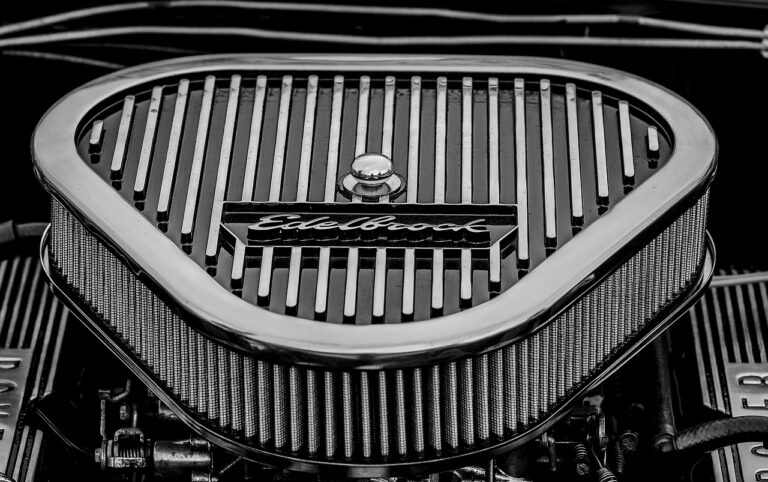The Role of Artificial Intelligence in Car Diagnostic Systems
AI implementation in car diagnostic systems offers a myriad of advantages in the automotive industry. One significant benefit is the speed at which AI can analyze vast amounts of data to accurately pinpoint car issues quickly. This efficiency not only saves time but also reduces the overall cost of diagnosing and repairing vehicle problems.
Additionally, the use of AI in car diagnostics ensures a higher level of accuracy in identifying issues compared to traditional manual methods. By utilizing machine learning algorithms and pattern recognition techniques, AI can detect potential problems with precision, leading to more effective and reliable results. This improved accuracy helps mechanics and technicians streamline their workflow and provide better service to customers.
How AI Improves Accuracy in Identifying Car Issues
Artificial Intelligence (AI) has revolutionized the automotive industry by enhancing the accuracy in identifying car issues. With advanced algorithms and machine learning capabilities, AI-powered diagnostic systems can quickly analyze vast amounts of data to pinpoint potential problems within a vehicle. This swift and precise process allows mechanics to address issues efficiently, ultimately saving time and reducing diagnostic errors.
Furthermore, AI can continuously learn and adapt to new information, improving its accuracy over time. By analyzing historical data and trends, AI can anticipate potential problems before they occur, enabling proactive maintenance and ultimately increasing the lifespan of vehicles. This proactive approach not only enhances safety on the road but also helps car owners save money by addressing issues before they escalate into major repairs.
How does AI improve accuracy in identifying car issues?
AI uses advanced algorithms to analyze vast amounts of data and patterns, allowing it to quickly and accurately pinpoint potential problems in a vehicle’s system.
What are the benefits of implementing AI in car diagnostic systems?
Some benefits include faster and more accurate diagnostics, reduced human error, increased efficiency, and potentially lower repair costs for car owners.
Can AI completely replace human mechanics in diagnosing car issues?
While AI can greatly assist in diagnosing car issues, human mechanics are still needed to interpret the data and make necessary repairs based on their expertise and experience.
How does AI contribute to reducing diagnostic errors in cars?
AI can detect even the smallest anomalies in a vehicle’s system, leading to more precise and reliable diagnostics compared to traditional methods that may overlook certain issues.
Will AI technology continue to advance in the automotive industry?
Yes, as AI technology continues to evolve, we can expect even more sophisticated diagnostic systems that can accurately identify and address a wider range of car issues in the future.





